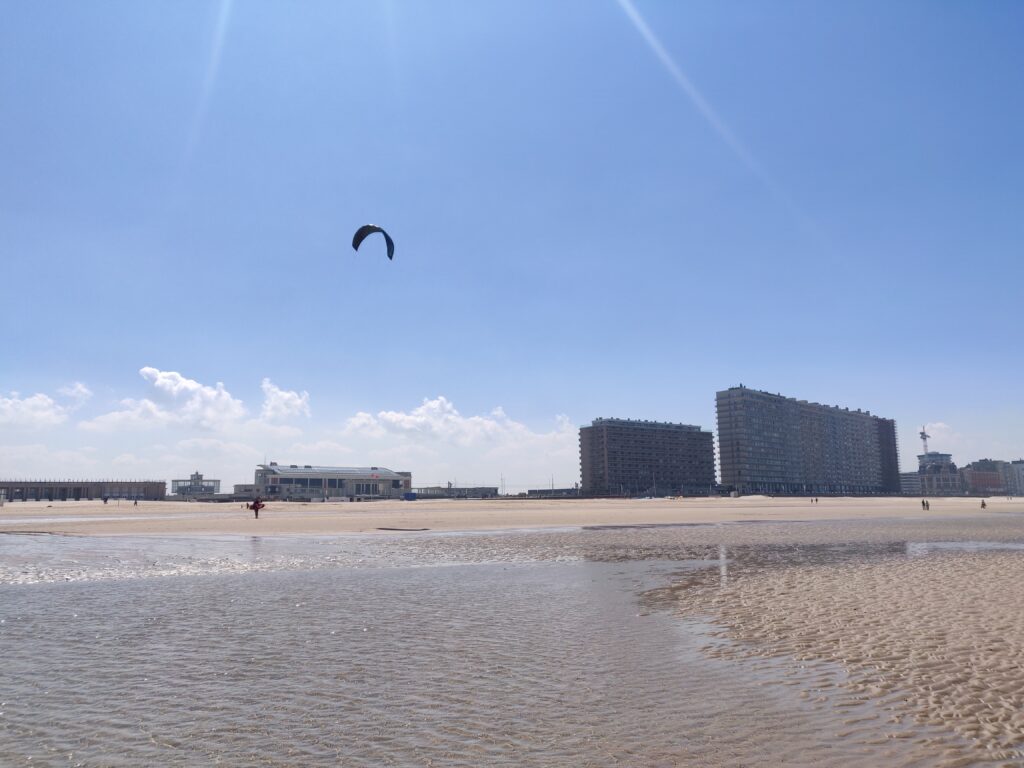
I want to share a story about a good deed I did about four years ago. After a conference abroad, someone I had met was stranded in a bus stop. They needed 20 euros to get home, otherwise they would miss their connections, and ultimately not be able to get home when they lived thousands of miles away. Back then 20 euros was worth more to me than it is now, and yet it was still little compared to the complications of being stranded thousands of miles from home!
I lent the 20 euros, and quickly forgot about it. the person tried to send it back to me but because of bank issues we never fully organised the transfer of it back. I wasn’t honestly too bothered.
Fast forward to about a week ago, this person messaged me about this money completely out of the blue. Their financial situation had improved and they wanted to pay their dues. After about 10 rounds of figuring out how Western Union worked, this person ended up sending me double, i.e. 40 euros, which I collected on Tuesday.
I actually asked this person what made them send the money to me four years later, and they said they had noted it down they owed me all this time. I just find it remarkable that people remember a good deed you did for so long, and in the end I got double the money back without having even tried!
—
Acting with kindness and supporting others are ideas that most people will get behind. As humans, we are hard wired to want to help others in their problems. We like the idea of doing something that will genuinely help others. This can make us feel useful, powerful, and give us a nice little warm feeling when we receive a little message of thanks from someone we know.
Quite often we act to help others, though implicitly have some expectation of reward at the end. A waiter/waitress may be extra nice for a tip, with our clients we may go the extra mile to sign them on, or we may work even harder for our boss in expectation for that promotion.
Our kindness therefore starts to build some strings attached to it. If we are nice to our client, and they don’t give us their tip, or contract, we are likely to feel pretty disappointed afterwards. It makes it harder for us then to act kind with the next client, as our priority shifts instead to what the reward is for our actions, rather than doing it out of our own genuine will to help others.
The ironic thing in life is that often doing things without expecting a reward will ultimately bring you better reward than if you actively tried. As this waiter, if you act kind to all your clients, through the laws of averages you will earn more tips throughout your time than in the individual circumstances.
But perhaps the waitering example is a bit of a specific example, does this really happen in other places in your life too? After all, this sounds all a little spiritual for someone who works in a high pressure office environment, especially if it can be quite cut throat!
In reality, many people gain success through their personal and professional lives by being nice and doing kind deeds consistently. Elbowing your way to a promotion may get you the reward now, but people will remember your actions. Whereas someone who has consistently helped others will find that many will be willing to help them later down the line when they are struggling, for example a redundancy or personal crisis. And furthermore, in our world, networking and positive relationships are critical. We want to build genuine connections, and the best way to do that is by being nice, without expecting that it will lead to something with everyone you speak to.
As a coach, we spoke a lot about genuinely looking to serve. We aim to help our clients, so when we are stuck we can use the guiding principle of ‘what would actually be useful for this person?’. It means I can help my client genuinely find solutions to what they need, and gives me licence to say things either more gently if the message is not going to be received well, or sometimes stronger to deliver an uncomfortable truth that I think they will benefit from hearing. I’ve also found this an extremely helpful guide on how to speak with others in every facet of my life.
As a coach, I am loathe to ‘advise’ people how to behave. And yet, if I could encourage you to think about something, it is this: observe how you act in your day to day interactions, and see if you can bring more kindness into it. Where you are being kind, see whether there is some implicit expectation behind this, and see whether you can do anything to make this unconditional.
I hope you enjoyed my story, please do let me know what you think!